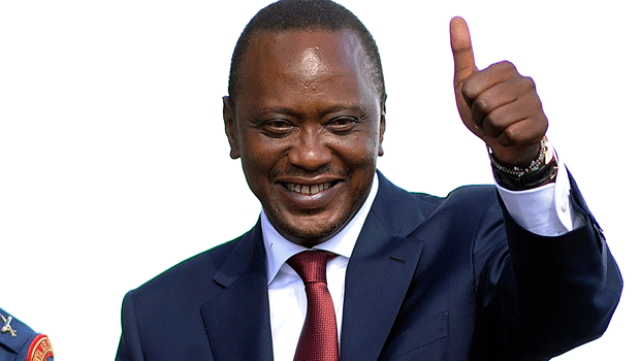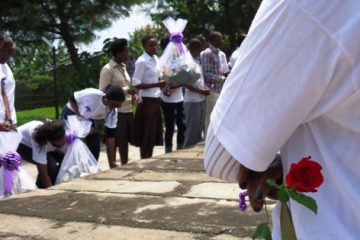Today, 19 September 2016, Trial Chamber V(B) of the International Criminal Court (ICC) issued a decision finding that the Republic of Kenya had failed to comply with its obligations to cooperate with the ICC and referred the matter to the Assembly of States Parties to the Rome Statute (ASP) which, according to the Trial Chamber, “would be best placed to address the lack of cooperation, in order to provide an incentive for the Kenyan Government to cooperate with the Court”.
On 29 November 2013, the Prosecution had filed an application for a finding of non-cooperation against the Kenyan Government, alleging that the Government had failed to comply with a request to produce records relating to Mr Uhuru Kenyatta. On 3 December 2014, Trial Chamber V(B) rejected the application for referral of the matter to the ASP. The Prosecutor appealed this decision on 20 March 2015. On 19 August 2015, the ICC Appeals Chamberreversed this first decision and remanded it to the Trial Chamber.
After receiving further observations from the ICC Prosecution, the Legal representative of victims and the Government of Kenya, and in light of the guidance provided in the Appeals Chamber’s Judgment, Trial Chamber V(B) recalled that it found, on 3 December 2014, that the approach of the Kenyan Government fell short of the standard of good faith cooperation required under the Rome Statute and further noted today that this situation had persisted even following a period of active judicial supervision and that the cooperation proceedings had reached a deadlock.
The Trial Chamber also noted that despite the passage of a further 18 months and notwithstanding the Kenyan Government’s continuing statutory obligation to comply with any cooperation request from the Court, it appears that no further progress has been made in implementing the Prosecutor’s request. Trial Chamber V(B) concluded today that the Republic of Kenya has failed to comply with its statutory obligations to consult with the Court and to take all reasonable steps to execute a request for cooperation from the Court, including by not providing clear, relevant and timely responses or taking any meaningful steps to compel production of requested information. According to the Chamber, the non-cooperation has prevented the Court from exercising its functions and powers under the Statute.
Noting that the case against Mr Kenyatta has been already terminated and considering the relevance of the materials sought in the Prosecutor’s request to current or future investigations, Trial Chamber V(B) considered a referral to the ASP appropriate for the purpose of fostering cooperation more broadly for the sake of any ongoing and/or future investigations and proceedings in the Kenyan situation. The Chamber added that, in general, the lack of bona fidecooperation by the Government of a situation country, as shown by the Kenyan Government in this instance, may have a serious impact on the functioning of the Court in future proceedings.
Background: In accordance with the Rome Statute, the Court’s founding treaty, all States Parties are obliged to cooperate fully with the ICC in its investigations and prosecutions. Where a State Party fails to comply with a request to cooperate with the Court, thereby preventing the Court from exercising its functions and powers, ICC Judges can make a finding of a failure to comply with a request for cooperation by a State, which prevents the Court from exercising its powers and functions under the Statute, and decide to refer the matter to the ASP, or the United Nations Security Council if the latter had referred the situation to the Court, to seek external assistance to obtain cooperation with the request at issue or to otherwise address the lack of cooperation by the requested State. The ASP and the Council may then decide to take the measures they deem appropriate.
Mr Kenyatta was charged, as an indirect co-perpetrator, with five counts of crimes against humanity allegedly committed during the post-election violence in Kenya in 2007-2008. Charges were confirmed on 23 January 2012, and the case was committed to trial before Trial Chamber V(B). On 13 March 2015, Trial Chamber V(B) decided to terminate the proceedings in this case and to vacate the summons to appear against him, noting the Prosecution’s withdrawal of charges against Mr Kenyatta. The Chamber also stressed that, although the proceedings shall be terminated, the Court retains jurisdiction over any interference with a witness or with the collection of evidence, and that the protective measures ordered for witnesses and/or victims shall continue, subject to review by the ICC.
ICC-heard office press release

President Uhuru Kenyatta






